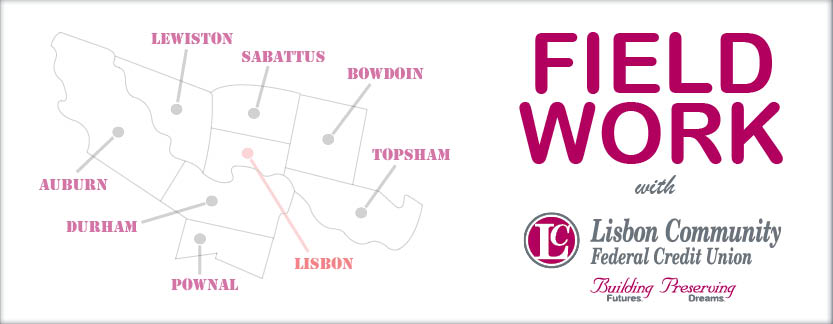Your credit score is a number that represents your credit history and
current credit risk. Credit scores are based on information in your
credit report. They are called FICO scores because Fair Isaac Corp.
developed the software that credit bureaus use to calculate them. Most
lenders use your credit score to decide whether they will offer you
credit, how much they will lend you and the terms and conditions of that
credit. Scores range from 300 to 850, with a score above 750
considered excellent credit. Credit bureaus consider the following
categories of information in calculating your credit score:
1) Payment History –
Your payment history makes up 35% of your FICO score. Payment
history includes how many and which accounts you paid on time or late.
If you have an account that is or has been delinquent, credit bureaus
consider the amount and length of the delinquency and how long ago you
were delinquent. Late payments, foreclosures, debt collections and
adverse public records (bankruptcy, judgments lawsuits, liens and wage
attachments) damage your score and stay on your credit report for at
least 7 years.
2) Total Debt – 30%
of your score is based on how many accounts you have and how much you
owe by type of account. An account could be a line of credit, such
as a credit card, or an installment loan, such as a car loan, a mortgage
or student loan. FICO scores also take into account how you use
your credit: how much of each credit limit you have borrowed (this
is called capacity) and how much you still owe on any installment
loan.
3) Length of Credit History - FICO
scores factor in the ages of your accounts and how long since you
have used each account. This category makes up 15% of your score. A
longer credit history improves your score and reduces your credit risk.
4) New Credit
– 10% of your score is based on new credit on your credit report
(accumulation of debt in the last 12-18 months), including the number
and proportion of accounts you recently opened and when you opened them.
The number of credit in inquiries on your report, and how recently they
occurred, also affects your credit score. Credit inquiries can
happen when a legitimate business checks your credit.. Multiple recent
inquiries, if you initiated them by applying for credit, can harm your
score.
5) Credit Mix – the final 10% of your
FICO score is calculated according to credit mix. Having different
types of credit (credit cards, retail accounts, installment loans and
mortgages will help your credit.
What Doesn’t Affect Your Credit?
- Debt Ratio
- Income
- Length of residence
- Length of employment
What actions will hurt the score?
- Missing payments (regardless of dollar amount.. it will take 24 months to restore credit with one late pay)
- Credit cards at capacity (ex. maxing out credit cards)
- Closing credit cards out (this lowers available capacity)
- Shopping excessively for credit
- Opening numerous accounts in a short period of time
- Having more revolving loans in relation to installment loans
- Borrowing from finance companies
How can you improve your score?
- Pay down on credit cards
- Do not close out credit cards because capacity will decrease
- Continue to make payments on time (older late payments will become less significant with time)
- Slow down on opening new accounts
- Acquire a solid credit history with years of experience
- Move revolving debt to installment debt
Source: www.myFICO.com
Wednesday, October 30, 2013
Thursday, October 3, 2013
SpotPay!
Introducing SpotPay! Secure Payments. On the Spot!
Do you run a small business and find yourself turning away customers because you don’t accept debit/credit cards? Does your job require you to constantly travel and can’t be tied down with a traditional payment card processing machine? The Lisbon CU has a solution for you! We have partnered with SpotPay, an innovative way to accept payments on-the-go. All you need is an iOS or Android smart phone or tablet. SpotPay uses a small card reader that connects to your device allowing you to swipe a card to accept payment. The device is secure and does not store sensitive data on your device.Customers can sign the touch pad and get a receipt emailed to them for their records. The funds are then deposited into your Lisbon CU checking account. It’s easy, it’s safe, and it’s a fast way to get paid. It’s a great solution for landscapers, contractors, farmers market vendors, craft show vendors, etc. There is a monthly fee of $8.95 and a transaction fee of 1.99% per transaction (some transactions may be more, see disclosure for full details). The service also comes with 24/7 phone & email support.
Click here to learn more, and to sign up for this convenient service!
Subscribe to:
Comments (Atom)

